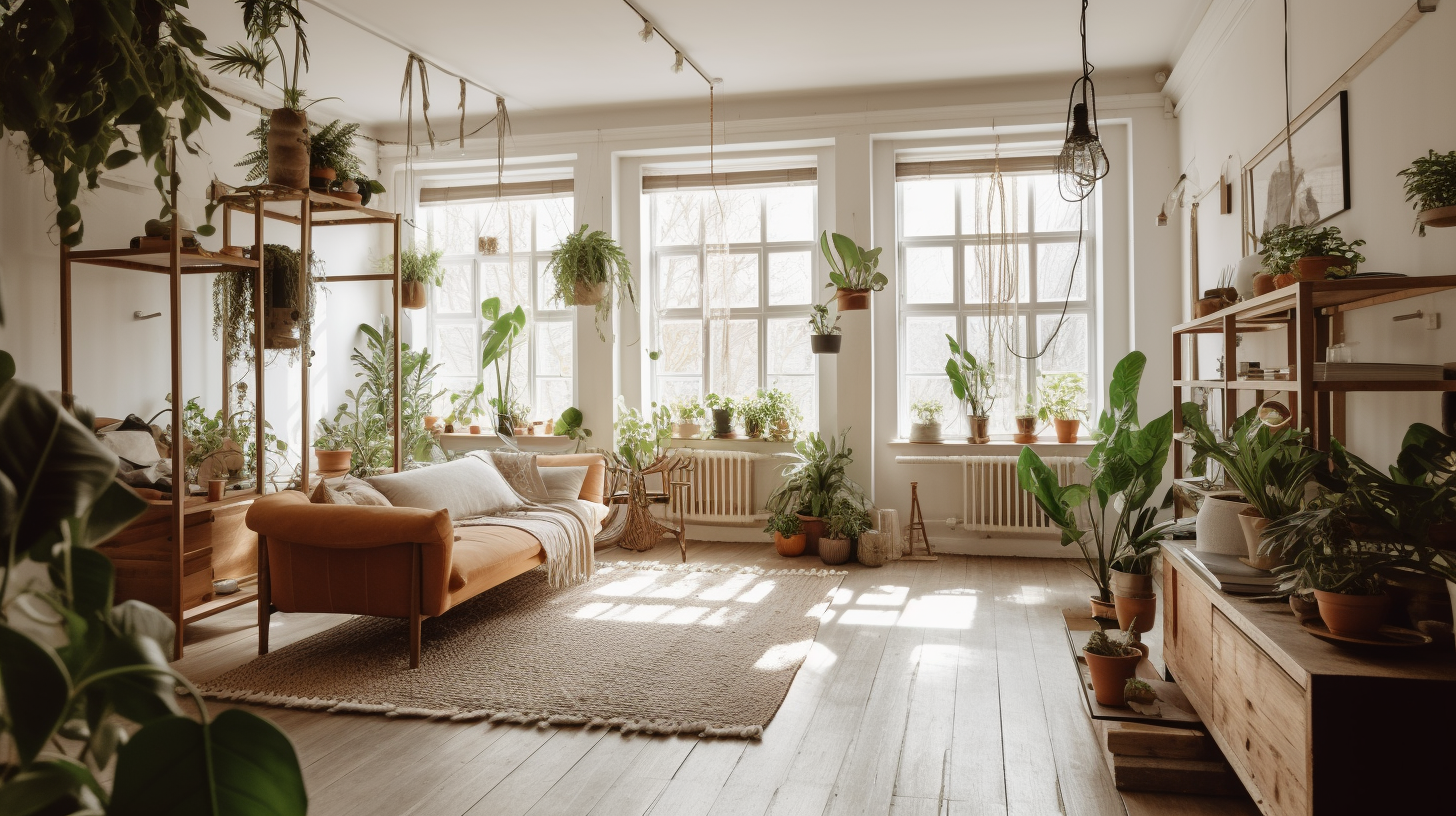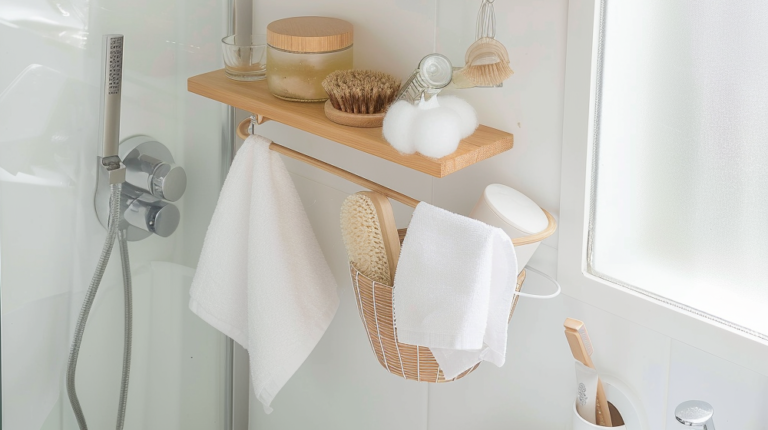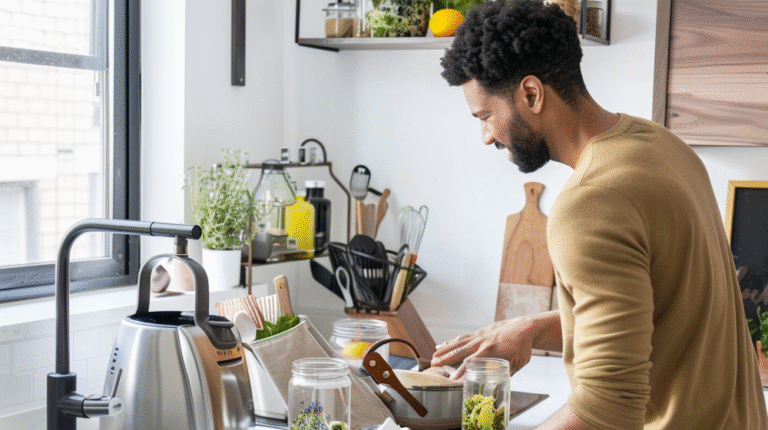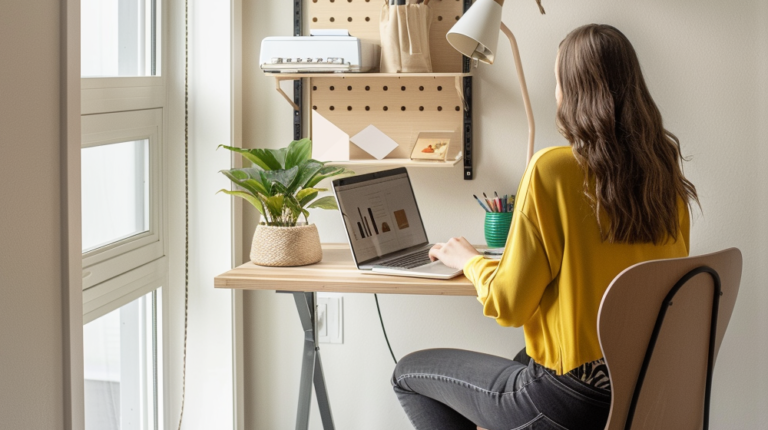A sustainable upgrade that enhances practically every aspect of rental living is the addition of indoor plants. Beyond their visual appeal, houseplants enhance mood, increase oxygen levels, purify the air, and create a feeling of nature connection without requiring any permanent alterations to your living space. An indoor garden is one of the least expensive eco-upgrades for those who share a house, rent a house, or live in an apartment.
The Scientifically Proven Advantages of Indoor Plants
Beyond looks, indoor plants offer a number of benefits:
According to NASA’s well-known Clean Air Study, some houseplants are efficient at eliminating common indoor contaminants, including formaldehyde, benzene, and trichloroethylene from the air. These volatile organic compounds (VOCs), which are released by a variety of building materials, furniture, and household objects, may contribute to health issues in enclosed spaces.
Plants increase humidity, which may reduce respiratory system inflammation. They reduce stress and anxiety because of their very nature. Improve focus and productivity (especially for renters who work from home). Build sound-absorbing spaces in homes with hard surfaces. Utilize caregiving practices to enhance mental health.
The Greatest Apartment Air-Purifying Plants
When it comes to air purification and simplicity of care, not all plants are created equal. The following outstanding performers thrive in rental environments:
1. Snake Plants (Sansevieria)
The air-purifying specialty of snake plants is their ability to remove formaldehyde and benzene.
Light Requirements: It thrives in bright, indirect light but may tolerate low light levels.
Care Level: Very little; water only when the soil is completely dry.
Benefits of renting: Almost indestructible; perfect for beginners or frequent visitors.
The Costa Farms Snake Plant is an excellent option for beginners with its low maintenance requirements.
2. Pothos (Epipremnum aureum)
The air-purifying specialty of pothos is its ability to filter formaldehyde, benzene, and carbon monoxide.
Light Requirements: Able to manage indirect light, whether it be bright or dim.
Care Level: Effortless to maintain; requires only occasional watering.
Benefit of Renting: You can expand your collection without purchasing additional plants by using hanging planters that don’t take up floor space.
3. Spider Plant (Chlorophytum comosum)
The air-purifying specialty of the spider plant is its ability to combat formaldehyde and xylene.
Light Requirements: Bright, indirect light is required.
Care Level: Low maintenance; prefers to become a little dry in between waterings.
Benefit of Rent: Creates “babies” that you and your roommates can divide or multiply.
The Ocean Spider Plant produces many offshoots that can be propagated to expand your indoor garden collection.




